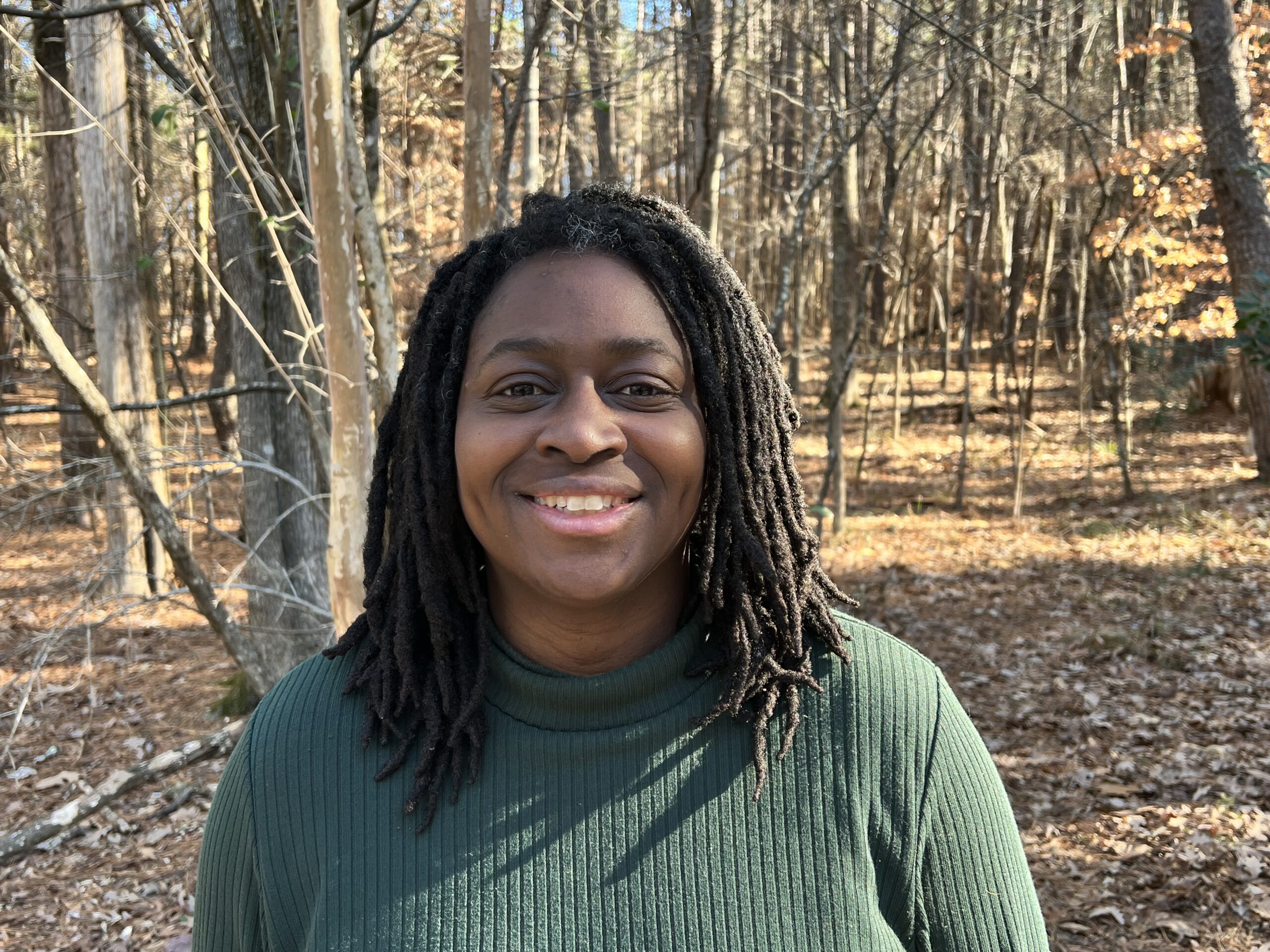
In the case of Rude Girl, it was blindingly obvious who the translator ought to be: the book’s own subject, Priscilla Layne, who had previously published several translations from German. In fact, the project made no sense without her on board, so we were thrilled when she agreed to work on the book. Here’s her translator’s note, explaining its genesis and effects, and the nature of the translation challenges.
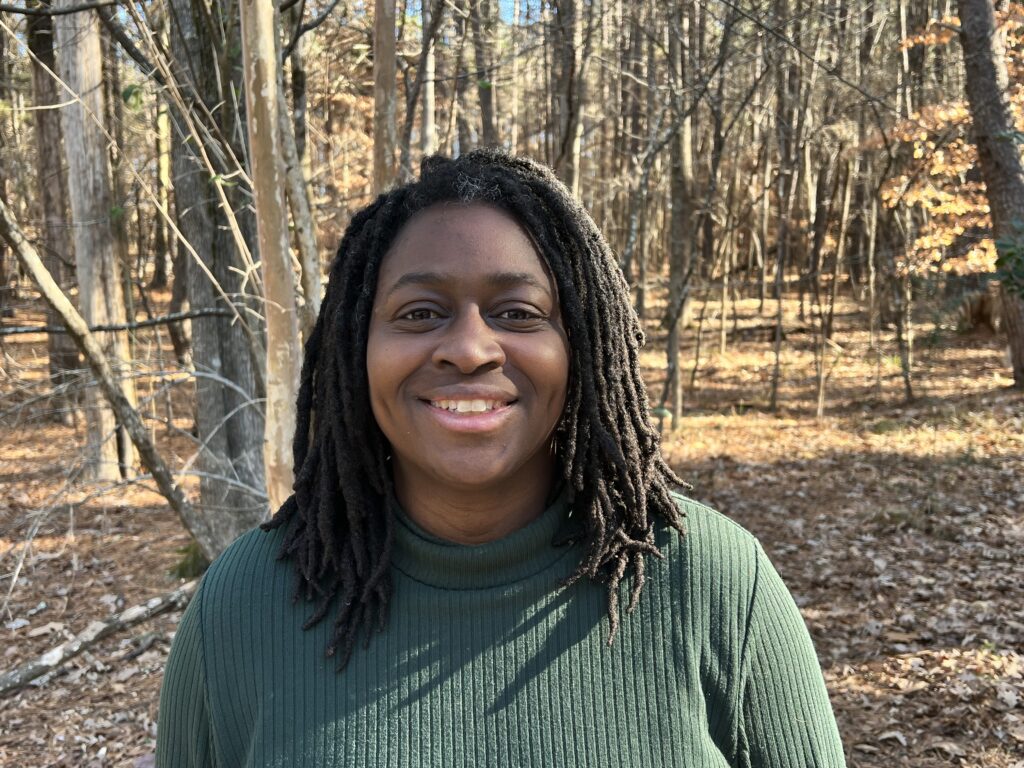
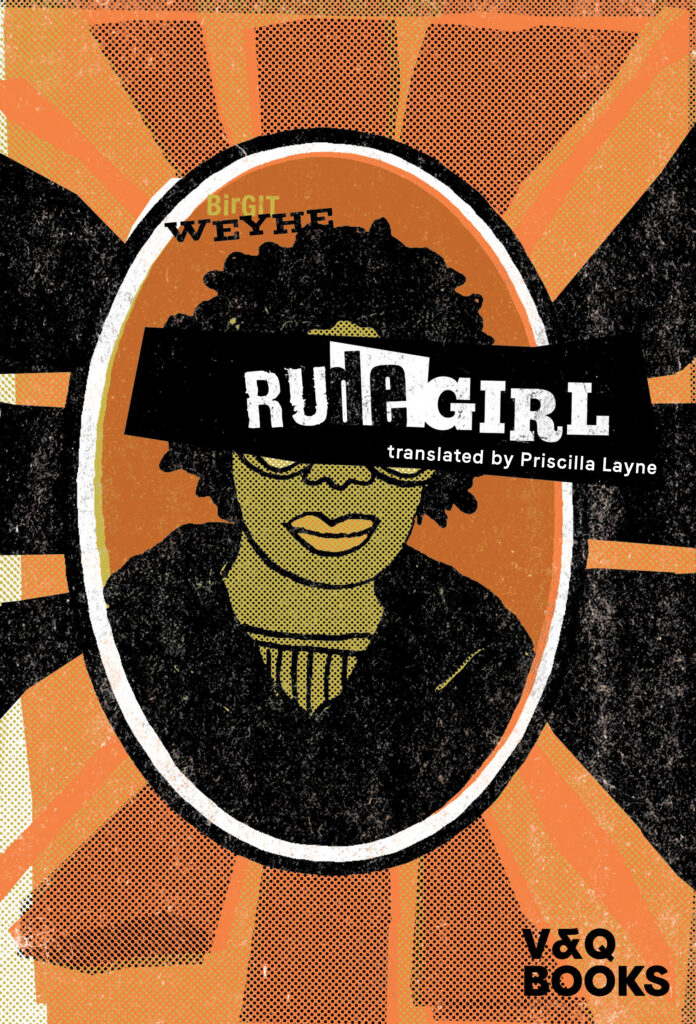
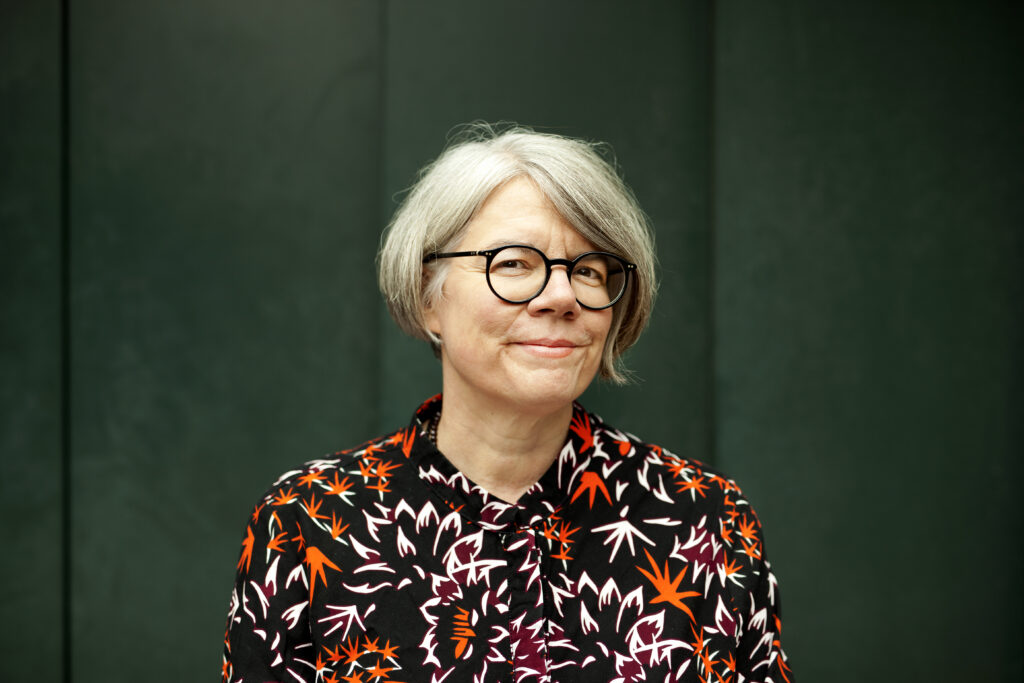
The graphic novel Rude Girl, the 8th by renowned German artist Birgit Weyhe, is very near and dear to me. First of all, it is based on my life story, as someone who was born to Caribbean immigrants in Chicago, always felt out of place because my interests didn’t make me “Black” enough, and who found refuge in two very unusual spaces –in the anti-racist skinhead scene and in Germany.
A second reason why Rude Girl is so important to me is because Birgit and I worked on it together. I first met Birgit in the winter of 2018, while I was living in Berlin on a research fellowship at the American Academy. My interest in comics, as a reader and a teacher, brought me to Birgit’s extensive oeuvre. I intended to write an essay about the representation of Blackness in her work and therefore I sought her out, hoping to interview her on the subject. At the time, she had just returned from a semester-long stay in Pennsylvania and she was eager to talk to an American in German Studies about her work. So, I traveled to Hamburg to interview her and to my surprise, not only did we get along wonderfully, but she was equally interested in my biography.
First, she wrote a one-page comic about my life that was published in the German newspaper Tagesspiegel. Then she approached me about doing a book-length project together with me. Our desire was to make this a collaborative effort. The book would be Birgit’s, drawn and written by her, but it would be based on my life and include commentary by me from our follow-up conversations, which occurred whenever she’d present me with a new chapter. Each chapter would be proceeded by a drawing of an album cover that was important to me, because music has been so significant in shaping my life.
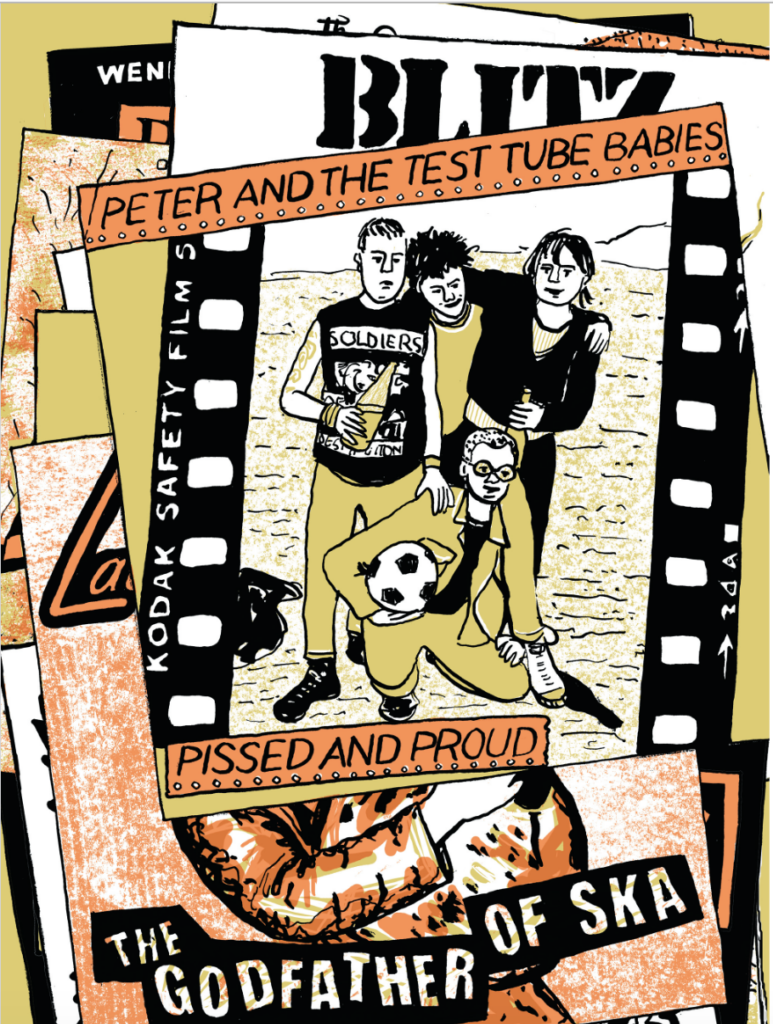
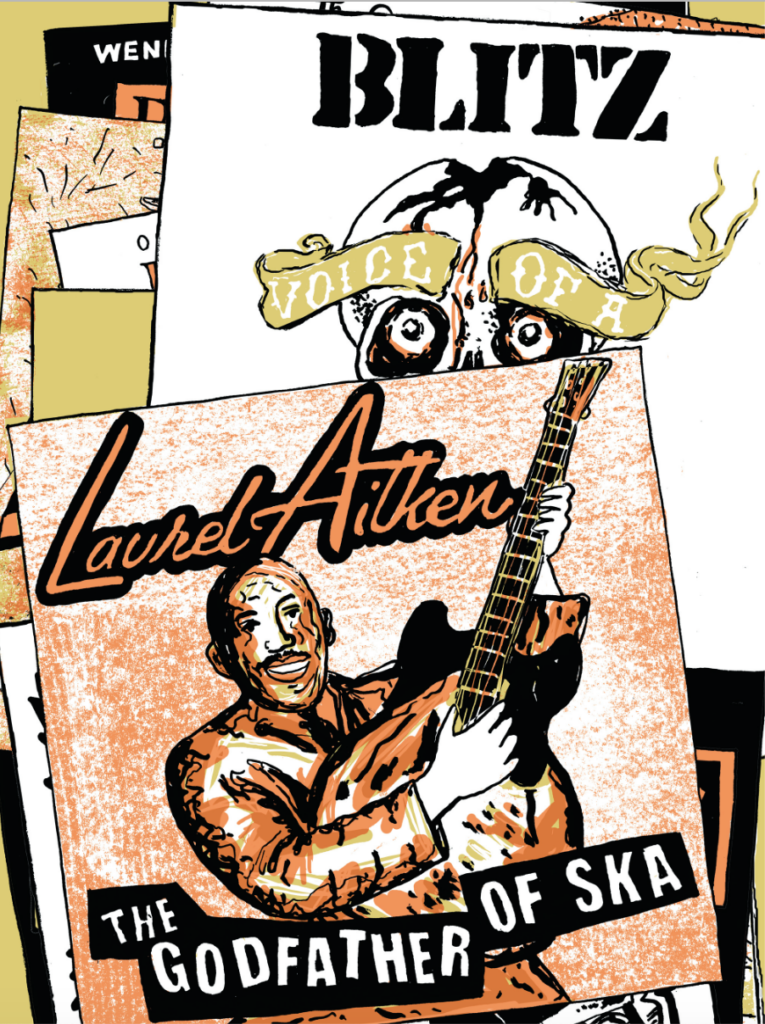
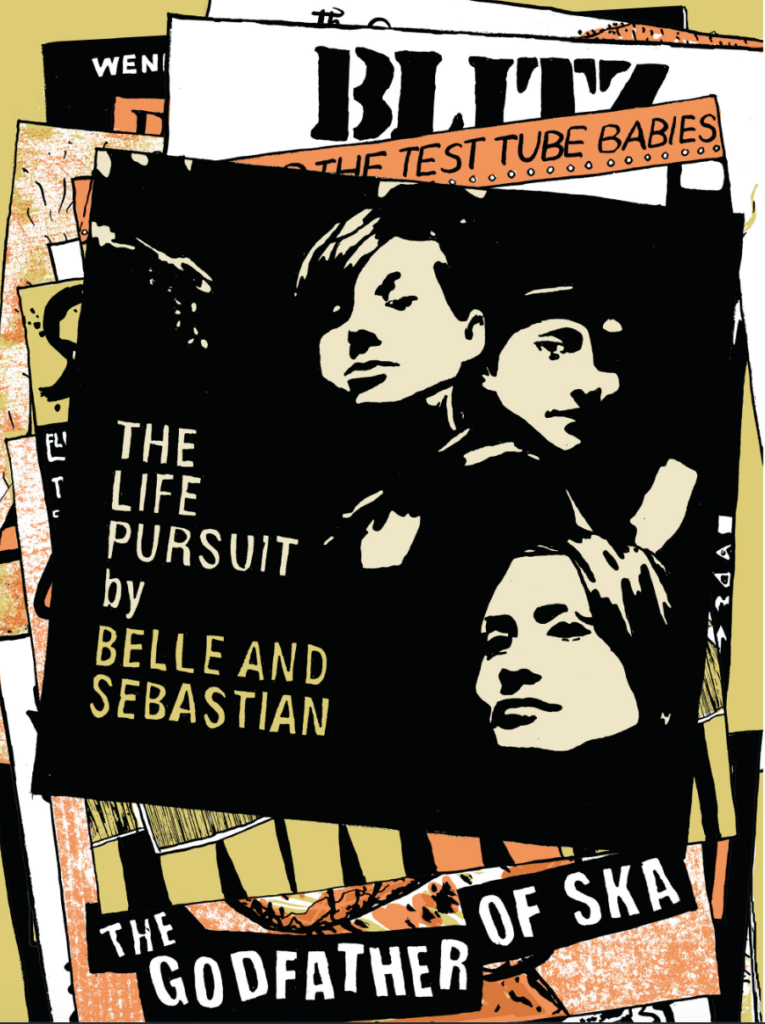
The result is Rude Girl, which I consider a groundbreaking work not only because of how it interrogates issues of race and representation in comics, but also because of my story. I am not necessarily the most remarkable person and certainly not at all a famous person – I work in German Studies, a field which few people know exists. I won’t cure cancer or solve any of the world’s many problems. But I do consider mine a success story, because I went from being an introverted, Black girl nerd who felt like a perpetual outsider to a successful and confident, but still introverted, Black female professor at one of the top research universities in the United States (the University of North Carolina at Chapel Hill).
And the reason I was able to overcome a lot of personal challenges (sexual abuse as a child, an absent father, anxiety and a difficult mother-daughter-relationship) and political challenges (dealing with racism and sexism in school, as a professional and in everyday life) is because I found strength in alternative communities; in the punk scene and among anti-racist skinheads. Finding those subcultures helped me let off steam, find an outlet for my politics and embrace being different.
Thus, I see Rude Girl as an important book, not just for fans of graphic novels, but for anyone who has ever felt different, especially people on the margins of mainstream society like BIPOC, LGBTQIA+, especially people who belong to those groups and identify as being nerds, geeks or punks. I am often amazed at how mainstream nerd culture has now become in the US, but still if you are a Black nerd, any other nerd of Color, or even just a femme-identifying nerd, you don’t necessarily see any (positive) representation of yourself. I’m glad Rude Girl is helping to contribute to these representations and that it is now available in English.
Translating the book was kind of a surreal experience. Since it’s based on my life, translating often felt second-nature. I just had to ask myself, what would I have said in this scenario? What language would I typically use? But it was also challenging because having your life displayed on the page requires a degree of vulnerability. And there are scenes in the graphic novel that were particularly embarrassing for me to remember! There were also some German phrases that were difficult to convey in English and in some cases I decided to leave them in German. In any case, this entire artistic project has been a wild ride and it touches my heart when I hear people enjoy reading it and feel they can relate to the story.